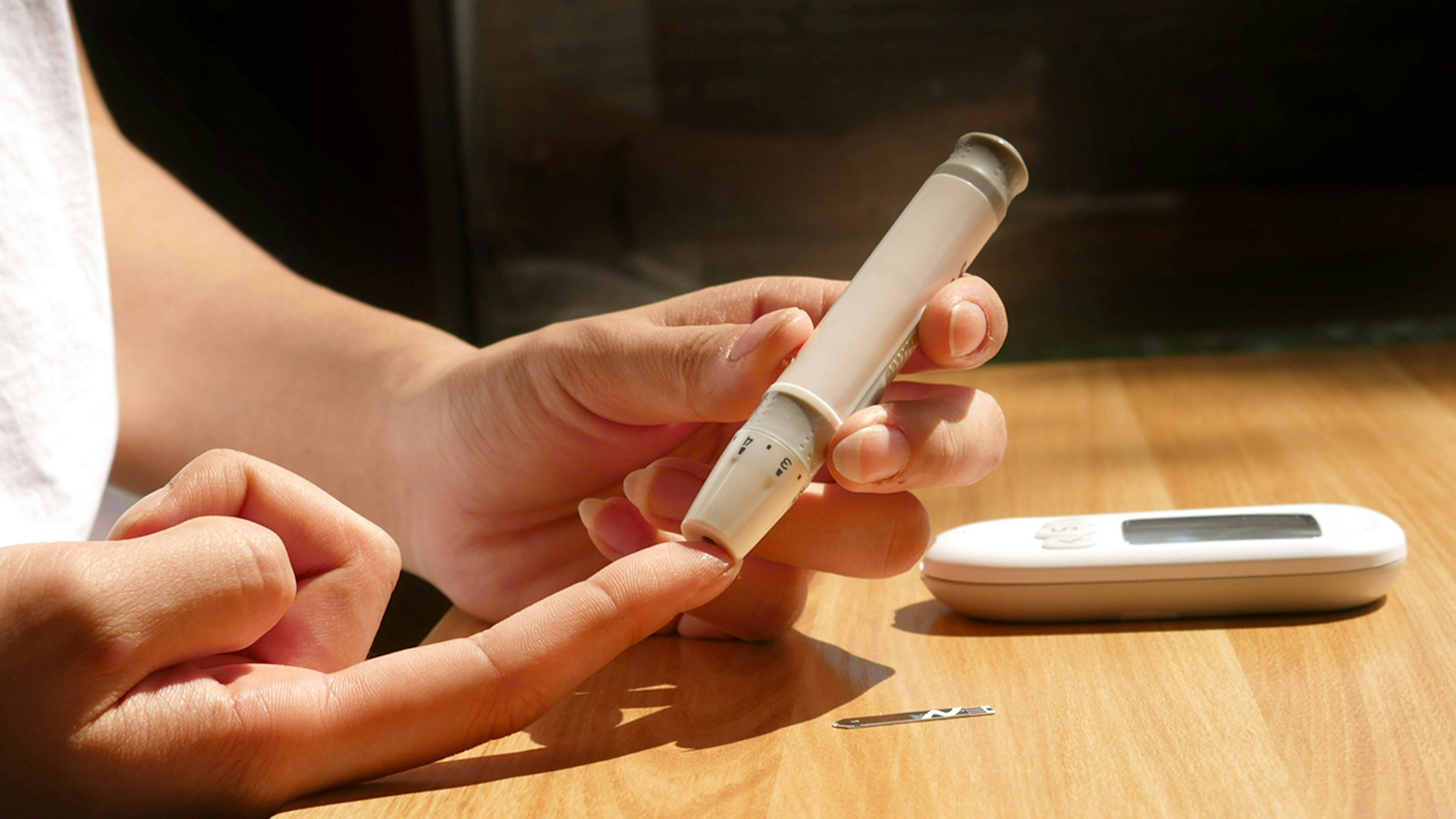'GluFormer' predicts future health outcomes using only blood sugar data

Key Points
- Scientists from the Weizmann Institute of Science, Nvidia, and Pheno.AI created an AI model called GluFormer that analyzes blood sugar measurements to predict various health indicators.
- The model was trained on data from 10,800 healthy individuals who wore sensors measuring blood sugar every 15 minutes. GluFormer can predict clinical values like HbA1c, liver function, and blood lipid levels up to four years in advance.
- While the system shows improved accuracy when dietary data is included, it has limitations: it was mainly trained on healthy individuals, relies on self-reported diet information, and its decision-making process lacks transparency for clinical use.
An international research team has developed an AI model that can make wide-ranging health predictions based on blood sugar measurements.
A research team led by the Weizmann Institute of Science, Nvidia, and Pheno.AI has developed an AI model called "GluFormer" that can extract complex health information from blood sugar measurements.
For the study, the system was trained on data from more than 10,800 people without diabetes. Measurements were taken every 15 minutes using a wearable sensor as part of the Human Phenotype Project, a Pheno.AI initiative.
What makes GluFormer special is its ability to predict not just blood sugar but also other key clinical values like HbA1c, liver function, and blood lipid levels up to four years in advance—all based solely on blood sugar measurements.
Diet data improves accuracy
According to the team, including dietary data further improves the accuracy of predictions, allowing GluFormer to forecast how the body will respond to specific foods. The system is also highly adaptable and works reliably across different population groups, with various measuring devices, and for different metabolic conditions, according to the researchers.
However, the study also points out limitations: Since the model was primarily trained on data from healthy individuals, its applicability to people with rare metabolic disorders might be limited. Additionally, the dietary data used relies on participants' self-reporting, which is often imprecise. Processing this data is complex and expensive.
Like many AI models, GluFormer's decision-making process also lacks transparency. This complicates its use in clinical practice, where doctors need to understand the basis for decisions. Nevertheless, the researchers see GluFormer as an important step toward personalized diabetes care. In the future, the system could also help make clinical trials more efficient and identify new diabetes subtypes.
AI News Without the Hype – Curated by Humans
As a THE DECODER subscriber, you get ad-free reading, our weekly AI newsletter, the exclusive "AI Radar" Frontier Report 6× per year, access to comments, and our complete archive.
Subscribe now